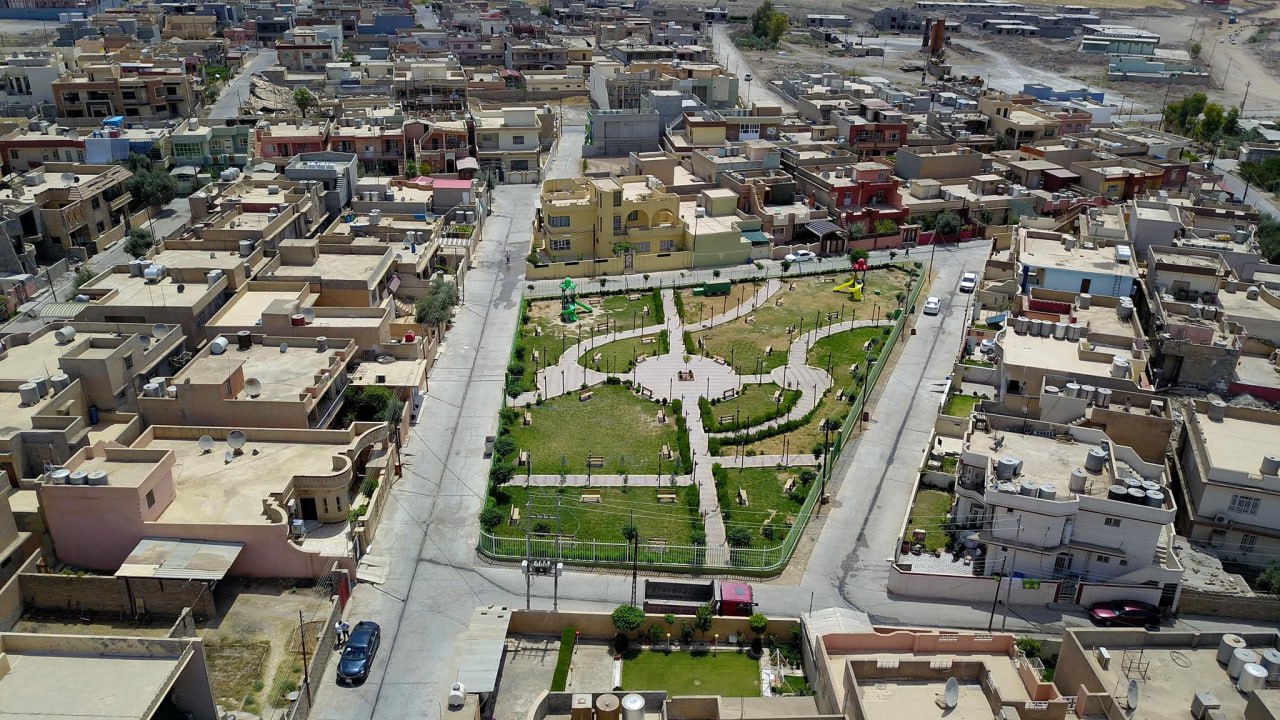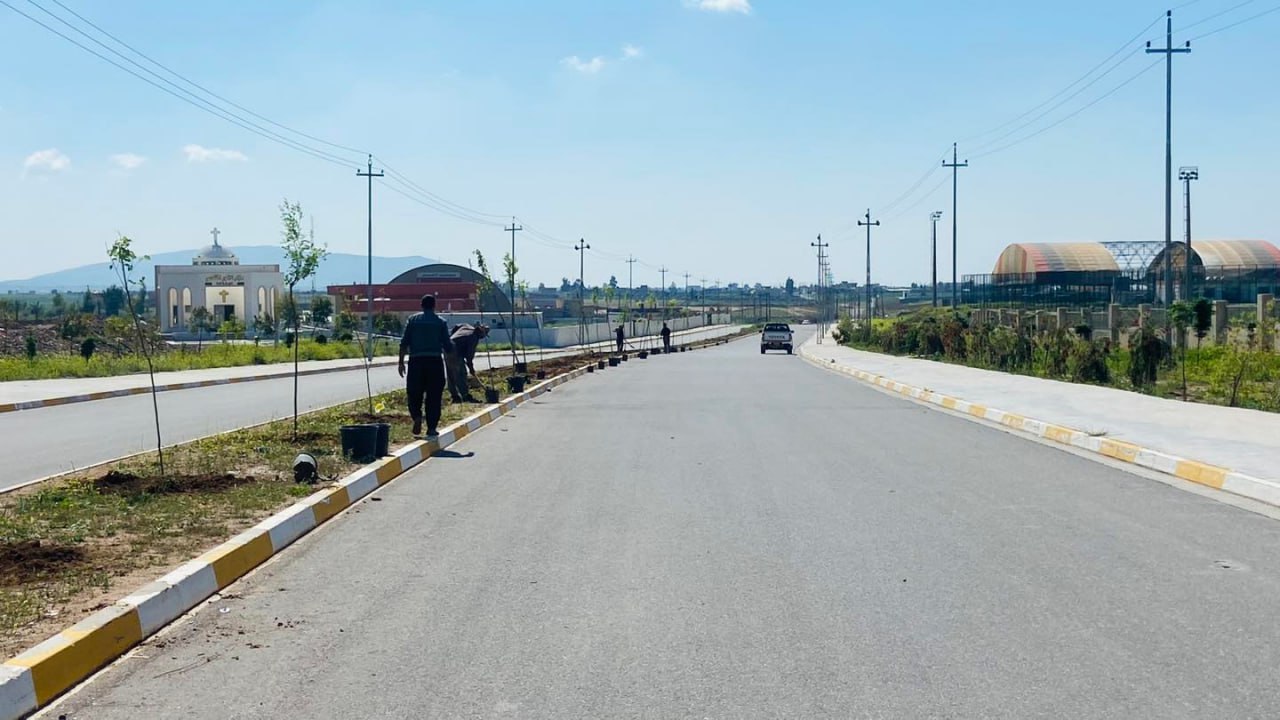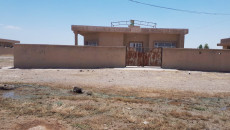After efforts that lasted for more than ten years, it is scheduled that within the next two weeks a contract will be signed to establish a hospital with a capacity of 100 beds in the Bashiqa district of the Nineveh Plain, the dream of the residents of the district will be fulfilled and a hospital will be established for the first time in Bashiqa.
There are no hospitals in the Bashiqa sub-district of the central Mosul district - except for a health center that does not meet the health needs of the locals.
As a result, the residents of the region are forced to transport those infected with some diseases to Mosul and the cities of the adjacent Iraqi Kurdistan Region IKR to receive treatment, which requires traveling for about an hour to reach the hospitals, so the residents of the region are impatiently awaiting the signing of the hospital construction contract.
Ali Suleiman, who lives in the village of Omar Qabji in Bashiqa, considers his brother one of the victims of the district’s lack of a hospital.
“Last year, my brother suffered a heart attack. Before we could get him to Al-Hamdaniya Hospital, he died.” Ali believes that his brother might survivede if a hospital had been available in Bashiqa, because he says that transferring him to Al-Hamdaniya Hospital took an hour.
“I heard that they will build a hospital with a capacity of 100 beds. This will solve our biggest problems, but I wonder if the project will be implemented?”
I wonder if the project will be implemented?
Ali Suleiman's doubts are due to the fact that for more than 10 years - before the war against the Islamic State of Iraq and Syria ISIS - there have been efforts to establish a hospital, but the project contract has not yet been signed.
Iraq’s healthcare system which was once one of the most advanced in the region now is in serious crisis. There’s a shortage of buildings, drugs and the medical staff to administer it. Over the past three decades the country has been ravaged by Iraqi-Iran war, Saddam Hussein’s invasion of Kuwait, ousting of Saddam regime followed by sectarian violence, the war against al-Qaeda and the rise of Islamic State in Iraq and Syria ISIS.
The political chaos after 2003, pushed an estimated 15,000 out of 52,000 registered Iraqi doctors to leave the country. The young student doctors primarily seek training and life abroad rather than permanent state employment.

Residents of Bashiqa district have to reach another city to undergo surgical operations, which takes them an hour at best.
According to a letter signed by the acting governor of Nineveh, Abdul Qadir Ahmed Hassan Al-Dakhil, dated December 12, 2023, an amount of 73,430,502,000 Iraqi Dinars IQD (USD48M) was allocated to implement the project, which is scheduled to take 850 days to build. The project cost is allocated within the regional development plan.
According to the director of Bashiqa district, Ghazwan Al-Daoudi, launching the project awaits the signature of the implementing company.
“Establishing a hospital with a capacity of 100 beds will meet the health needs of Bashiqa... This hospital has always been one of the demands of the residents of the district,” Al-Daoudi said.
Establishing a hospital with a capacity of 100 beds will meet the health needs of Bashiqa
The population of Bashiqa district (12 km northeast of Mosul) is estimated at more than 149 thousand people, and is inhabited by a mixture of Shabak, Yazidis and Christians.
The Bashiqa Health Center has departments (dental, pharmacy, laboratory, vaccination and maternity department), where four male doctors and three female doctors work.
Luqman Baqir, director of the Bashiqa Health Center, told KirkukNow, “We do not have an operating theater. If the hospital is established, this major problem that the residents of the region suffer from will be solved... It will also reduce the pressure on our health center.”
Ali Suleiman, a father of six children, says that they were all born through surgical operations in Mosul hospitals.
"Sometimes, some medications are not available in the health center, or the specialist doctor is not available. All of these are problems we suffer from," he added, expressing his hope that these problems will end after the hospital is established.
For his part, Rifaat Samo, Deputy Governor of Nineveh for Administrative Affairs, said, "The project will be signed within the next two weeks and there are no obstacles."
In 2019, the Iraqi government allocated just 2.5% of the state’s $106.5 billion budget to its health ministry, while security forces received 18% and the oil ministry 13.5%. The same was true for 2014.
Over the past decade, data from the World Health Organization WHO shows, Iraq’s central government has consistently spent far less per capita on healthcare than its much poorer neighbors - $161 per citizen each year on average, compared to Jordan’s $304 and Lebanon’s $649, a report by Reuters found.






